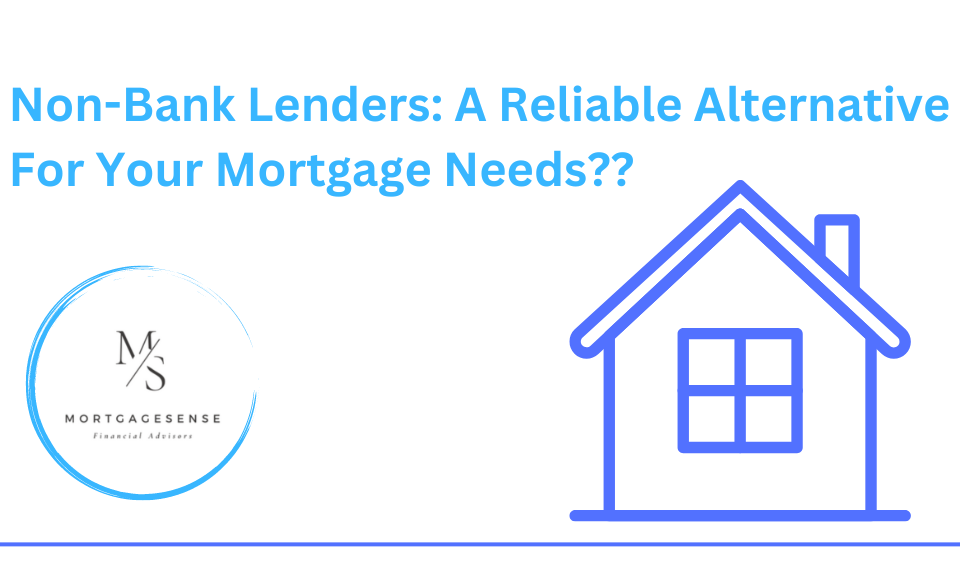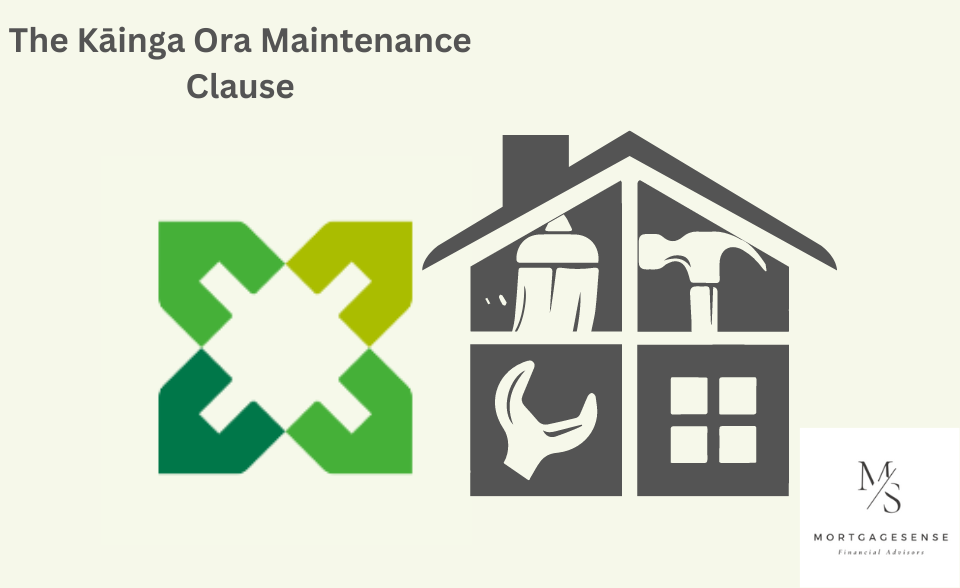As a mortgage advisor at Mortgage Sense Financial Advisors, I’ve noticed a recurring hesitation among clients when it comes to considering non-bank lenders.
This reluctance often stems from a perception that banks are inherently more trustworthy or stable. However, non-bank lenders, such as credit unions, can offer competitive rates and reliable service that deserve your consideration.
Breaking the Myth: Non-Bank Lenders vs. Traditional Banks
One common misconception is that non-bank lenders are less secure or less reliable than traditional banks. When we look at credit unions and other non-bank financial institutions they are regulated by similar stringent standards as banks. They are required to maintain a certain level of capital and adhere to strict lending practices, ensuring their stability and reliability.
As a mortgage advisor I am very comfortable with these lenders.
The Interest Rate Advantage
Let’s take a closer look at the current interest rate landscape.
For example, Unity Credit Union is offering interest rates of 6.55% plus a 0.5% Low Equity Premium for clients with a 10% deposit. In comparison, some major banks are offering rates starting at 7.10% for high LVR (Loan to Value Ratio) borrowing, with an additional low equity premium.
This difference in interest rates can translate into significant savings over the life of your mortgage.
To illustrate, if you borrow $500,000 over 30 years, the difference between an interest rate of 6.55% and 7.10% can result in thousands of dollars in savings.
That’s a saving of 0.55% which on a home loan of $500,000 means $2,750 every year!
These savings can make a substantial difference in your financial wellbeing and your ability to manage your mortgage payments comfortably.
The Case for Unity Credit Union
Recently, I had a chat with a few clients who were ineligible for a Kainga Ora First Home Loan due to various reasons. While exploring their options, I suggested considering Unity Credit Union. Despite the competitive rates and favorable terms, many were initially hesitant simply because Unity is not a traditional bank.
This hesitation is understandable but not necessarily justified. Unity Credit Union, like many other credit unions, is a member-owned institution. This means that they prioritize the needs of their members over profit margins. As a result, they can often provide more personalized service and more favorable terms than larger, profit-driven banks.
Overcoming Hesitation
So, how can you overcome the hesitation to consider a non-bank lender like Unity Credit Union? Start by doing your research. Look into the institution’s history, customer reviews, and regulatory standing. Talk to your mortgage advisor about the potential benefits and drawbacks, and consider how the lower interest rates and personalized service might benefit you in the long run.
Another important step is to understand that the landscape of financial services is evolving. Non-bank lenders have grown in popularity and reputation because they fill a crucial niche in the market. They provide viable alternatives for borrowers who might not fit the strict criteria of traditional banks but still represent a low risk.
Making an Informed Decision
Ultimately, the goal is to make an informed decision that aligns with your financial goals and circumstances. Don’t let the label of “non-bank lender” deter you from exploring all your options. By considering institutions like Unity Credit Union, you might find a mortgage solution that offers both financial and personal benefits.
At Mortgage Sense Financial Advisors, we are here to guide you through the process and help you make the best decision for your unique situation. Don’t hesitate to reach out with any questions or concerns about non-bank lenders. Remember, the best mortgage for you is the one that fits your needs, not necessarily the one with the most familiar name.









